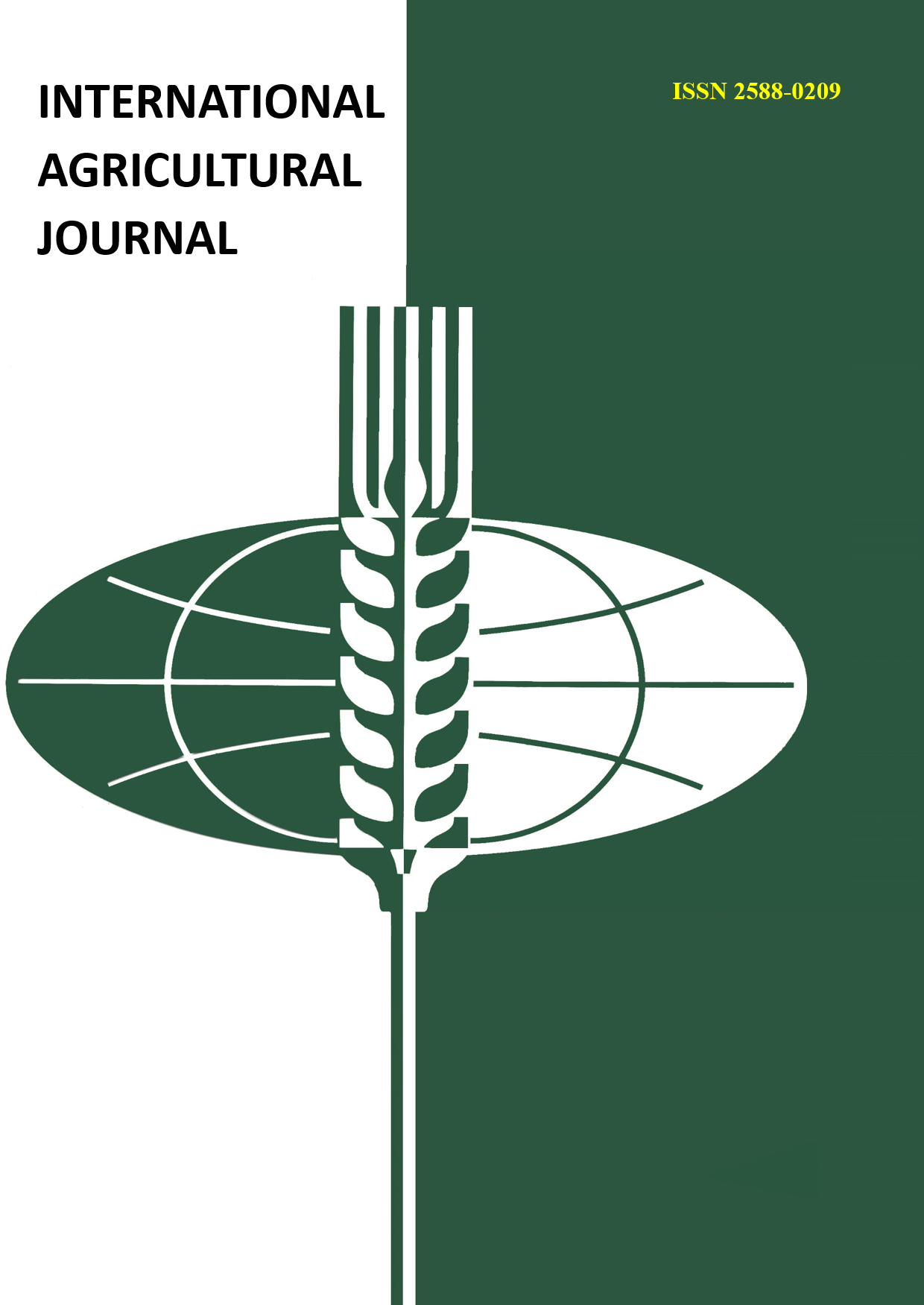The author's attention is focused on the state of mobile livestock breeding on the African continent. It not only provides the population with food and guarantees employment for a significant part of it, but also makes a significant contribution to the economy. However, there is an opinion that it is the migration of pastoralists, especially cross-border, that is nothing more than archaism and provokes conflicts between them and the farmers. The pasture method of keeping livestock, which implies the relocation of herds several times a year from one pasture to another, has existed in Africa for thousands of years. At the beginning of the 21st century, pastoralists began to adjust their migration routes, primarily due to climate change, and this intensified competition for land and water resources between them and landowners: clashes began to occur, the scale and intensity of which has been increasing steadily. The current situation negatively affects the socio-economic life of the people involved in the conflicts, and in particular, the food security of the population in general. The waves of violence that have been sweeping the continent undermine religious and educational activities, cause political instability and threaten the national unity of African countries. The instances of forced displacement and marginalization of both cattle breeders who have lost their livestock and farmers forced to leave their land are becoming more frequent. Paths toward the resolution of conflicts between farmers and shepherds are discussed not only at the national, but also at the regional and continental levels; however, it has not yet been possible to reduce the frequency of conflicts and smooth over their consequences. The present paper examines conflicts between pastoralists and farmers in the context of environmental change and in connection with the growth of the population that needs to be provided with food both through livestock and crop production. Indeed, there are also other reasons that influence conflicts between shepherds and farmers, but they have been left outside the scope of the present research.
COVID-19.














